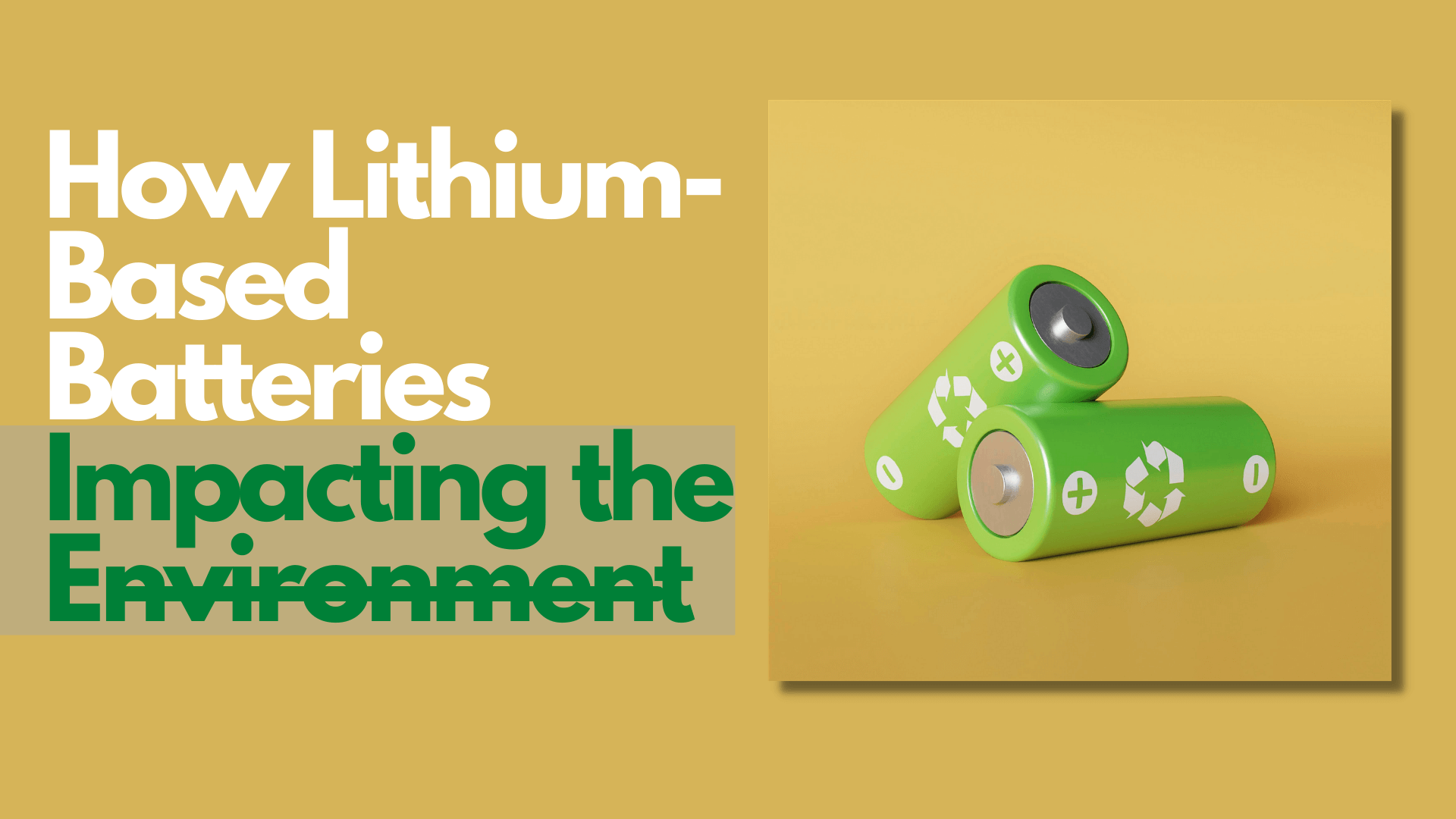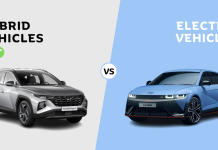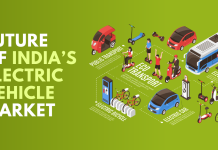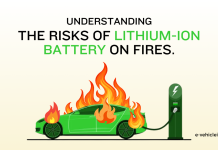 Today more than 90% of the world’s lead consumption is for the production of LABs. All automotive batteries and 60% of industrial batteries are Lithium-ion Batteries.
Today more than 90% of the world’s lead consumption is for the production of LABs. All automotive batteries and 60% of industrial batteries are Lithium-ion Batteries.
LABs contain sulfuric acid and large amounts of metallic lead. The acid is extremely corrosive and also dissolves lead and lead particulate matter.
Read More: Types of Batteries Used in Electric Vehicles in India
Lead is a highly toxic heavy element that can accumulate in the environment and produce a range of adverse health effects. Here is ” How Lithium-Based Batteries Impacting the Environment?”
Environmental Impacts of Lithium-ion Batteries in EV
Unlike lead, lithium is less toxic and historically there has been little incentive to recycle these batteries. However, as the use of Lithium-ion Batteries has increased tremendously, the mixed metal oxides used in these batteries, and the large number of LIBs reaching their EOLs, waste management is becoming a global issue.
LIB products reach end-of Life (EoL) after about 3–10 years depending on the type of chemistry and the end-use. LIBs will be the dominant battery in our waste streams in the near future.
The volume and weight of LIBs spent are expected to cross 25 billion units in 2020. In addition to lithium, Lithium-ion Batteries contain other metals, such as cobalt, nickel, manganese, aluminum, copper, of which cobalt, nickel, and manganese are considered toxic heavy metals. In particular, cobalt ions, such as Co2+, are toxic to humans and aquatic life.
Global access, sourcing, and secure supply chains to these metal materials have also raised concerns about the environmental, economic, and ethical impact in relation to accelerated mining operations, geo-political instability, global quantities of natural metal sources, hazardous working conditions, child labor, and DNA damaging toxicity around the conditions of cobalt mines in the Democratic Republic of Congo.
These types of batteries minimize the use of cobalt (and other metals) associated with unethical mining and reduce the material cost of Lithium-Based Batteries. New chemistries of lithium-ion batteries, which aim to eliminate the use of metal oxides and greatly enhance the available energy density, are in development.






